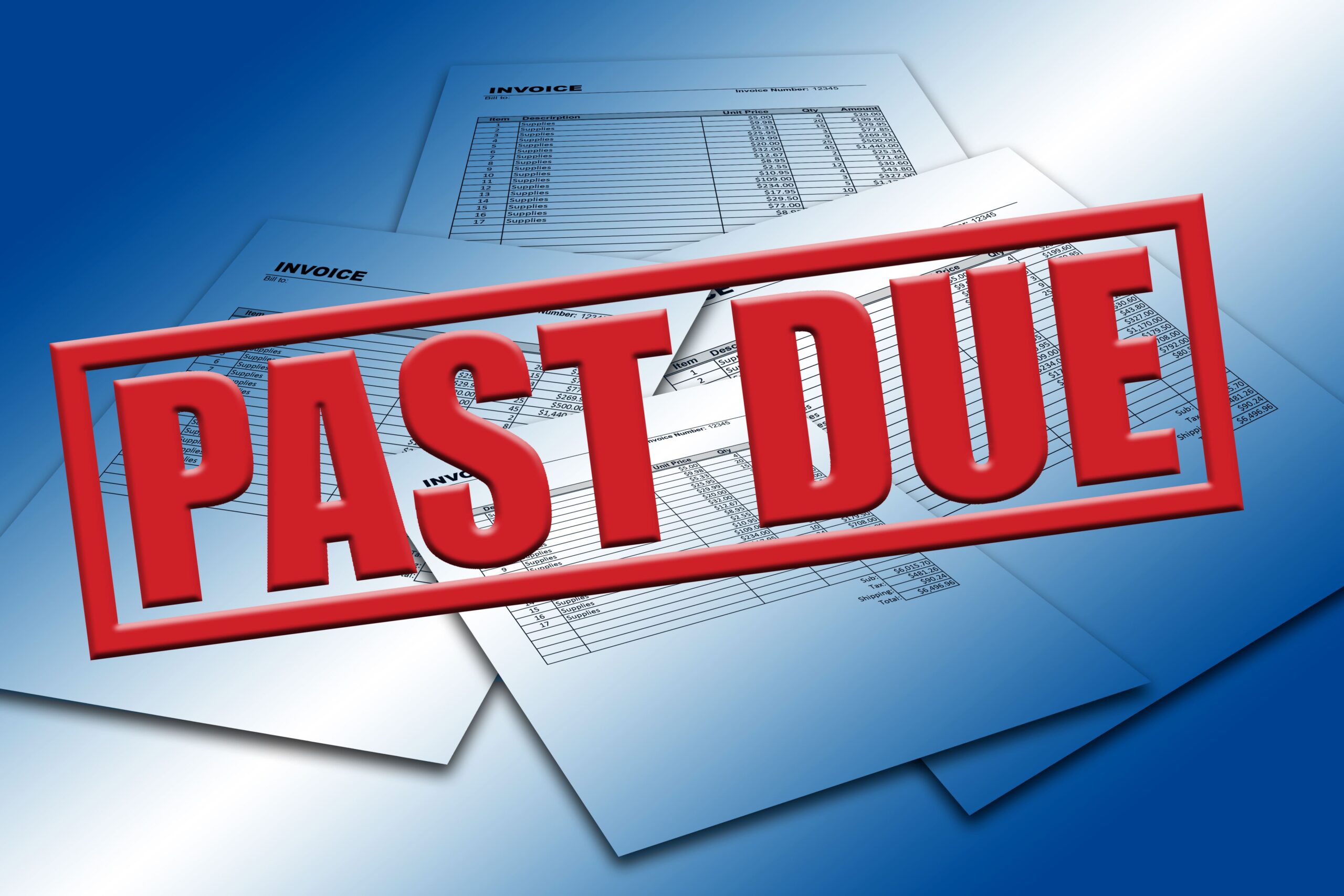Collections in the Time of COVID-19
COVID-19 will leave few people or businesses unimpacted. Contract performance may be delayed or impossible, tenants may be unable to pay their rent (both residential and commercial), borrowers may be unable to pay their loans, and businesses may take collection actions that they have not needed in the past. Before acting, there are some pitfalls to avoid when performing collections in the time of COVID-19.
1. Fair Debt Collection Practices Act (FDCPA)
The FDCPA applies if you attempt to collect a consumer debt (one incurred for personal, family or household purposes) in the name of another. If you operate as Dr. Bob’s Dentistry, LLC, and perform the collection as Dr. Bob’s Dentistry, LLC, then the FDCPA does not apply. But if all your billing is handled by Dr. Bob’s Billing, LLC, then the FDCPA applies (even though you control both entities). The FCDPA has various restrictions on how you can collect a consumer debt, including limitations on how and when you can contact the consumer debtor, notices that you must provide within five days of your initial communication, and other restrictions. If you don’t regularly engage in collection, do not make a demanon a consumer until you familiarize yourself with the FDCPA (or retain counsel who is familiar).
2. Reasonable Attorney’s Fees?
Even if your contract provides you can recover your attorney’s fees, there are limits. For commercial contracts of indebtedness, the original debt must be greater than $100,000 for an attorney’s fees provision to be enforced. See Ohio Rev. Code § 1319.02(C). Generally, attorney’s fees provisions are enforceable in other commercial contracts if freely negotiated. See Wilborn v. Bank One Corp., 2009-Ohio-306, ¶ 7. In either event, recovery of fees is limited to the reasonable amounted. See Ohio Rev. Code § 1319.02(D); Wilborn, 2009-Ohio-306, ¶ 8.
In consumer contracts, including foreclosure of residential mortgages, recovery of attorney’s fees is generally prohibited. One exception exists if the lender agrees to reinstate the loan, in which case it can require the borrower to pay the fees incurred. See Wilborn, 2009-Ohio-306, ¶¶ 19, 41-42. Reasonable attorney’s fees may be awarded in a consumer collection if there is a specific statutory provision providing for an award, such as when a mechanic’s lien is foreclosed. Again, you should be careful not to demand attorney’s fees if they are not permitted by law, since such action could be a violation of the FDCPA. See Foster v. D.B.S. Collection Agency, 463 F. Supp. 2d 783 (S.D. Ohio 2006).
3. Location, Location, Location
For lawyers performing collection work, they need to be aware of the risk of engaging in the unauthorized practice of law when crossing state lines. Two recent decisions illustrate this risk.
In the first, the Ohio Supreme Court found a California lawyer (Klosk) engaged in the unauthorized practice of law in Ohio by sending letters negotiating for the settlement of a debt owed by an Ohio resident (Klosk’s client) to CitiFinancial. The letters were sent to Ohio counsel for CitiFinancial. Even though Klosk never appeared in court, the Ohio Supreme Court held his actions constituted the unauthorized practice of law in Ohio. See Ohio State Bar Ass’n v. Klosk, 2018-Ohio-4864.
In the second, a lawyer (Jones) was licensed to practice in Kentucky, and had a job with a firm that had offices in both Kentucky and Ohio. She moved to Cincinnati for personal reasons, and while there only worked on matters pending in Kentucky. The Ohio Supreme Court found Jones did not engage in the unauthorized practice of law in Ohio by practicing Kentucky law from an Ohio office on Kentucky matters, but only because she had an application for admission to the Ohio bar pending at the time. See In re Application of Jones, 2018-Ohio-4182. So, if a lawyer is working from a home or vacation home in a state other than the one where she is licensed, she may be engaged in the unauthorized practice of law.
4. Not So Fast
If you cannot come to any agreement with a debtor, be aware that there may be “tolling” or “stay at home” orders in place or restricted court operations that may delay any collection efforts (such as the Ohio Supreme Court’s March 27, 2020, Tolling Order, and Ohio’s Amended Stay at Home Order). Even courts that are accepting new filings may not be scheduling hearings until they can be held safely and while observing social distancing. Even as Ohio re-opens, there will be a backlog of cases that need to be handled. So, negotiation may be advisable to litigation.
5. No Good Deed Goes Unpunished
Before granting any forgiveness or forbearance to a tenant, make sure you review any agreements you have with your mortgage lender. Many loan documents may have requirements that you have to follow or debt-to-equity or cash flow ratios that you are required to meet. You do not want grant relief to someone who owes you money and inadvertently create a default under your obligations to your lender.
If you would like us to help you evaluate how these considerations may affect you, please contact Mark Rodio at mrodio@frantzward.com or 216-515-1640 or any other member of Frantz Ward’s Litigation Group.


